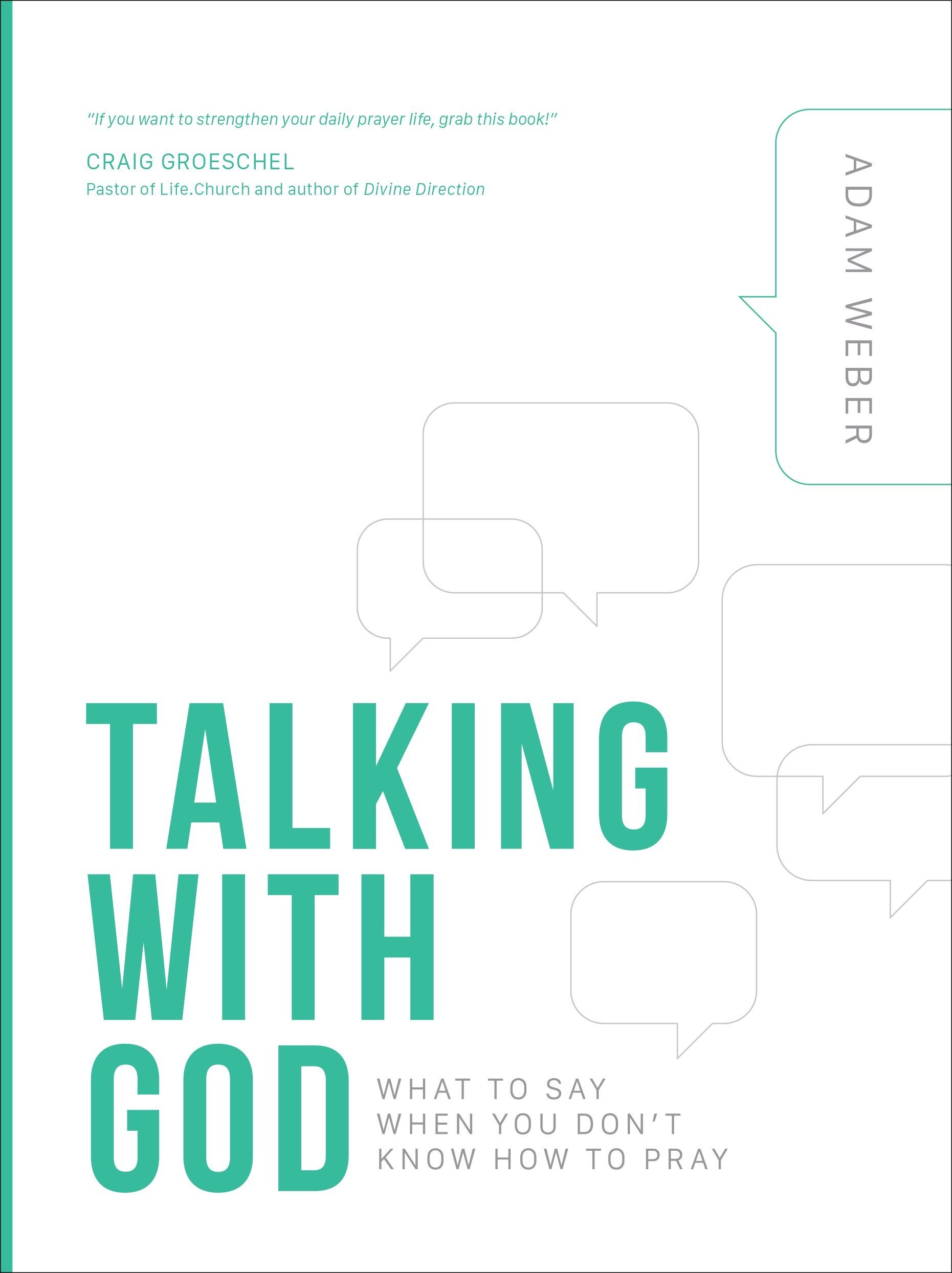PROTECTION - (from ' Little Book, Big Prayers: Intercession for the Body of Christ ') Lord your way is perfect and all of your promises are true. You are a shield for all who look to you for protection. We pray for those who face danger at any time. At the same time, pray also for us, that God may open to us a door for the word, to declare the mystery of Christ, on account of which I am in prison (Colossians 4:3). Panasonic universal remote eur7662y30 manual. Finally, brothers, pray for us, that the word of the Lord may speed ahead and be honored, as happened among you ( 2 Thessalonians 3:1 ).
In some ways prayer is one of the most mysterious aspects of the Christian walk. We wonder if God really hears our prayers, if our prayers have an effect on our lives, what is acceptable to pray about, how we should pray, and on and on. So why do we even do it? Several reasons.We pray because it is a privilege. God is far above us, completely holy and only comprehensible inasmuch as He reveals Himself to us. Prayer is His invitation to get to know Him. God allows us to approach Him. In fact, He desires it. Prayer is our way of communing with God. Just as friends and family members spend time talking with one another to deepen their relationships, so prayer deepens our relationship with God.
We can exercise the privilege of prayer because Jesus has made a sacrifice for us – He bridges the gap between us and God. Hebrews 4:15-16 refers to Jesus as our High Priest: 'For we do not have a high priest who is unable to sympathize with our weaknesses, but one who in every respect has been tempted as we are, yet without sin. Let us then with confidence draw near to the throne of grace, that we may receive mercy and find grace to help in time of need.' Because of Jesus, we are free to pray, and to pray boldly.
We also pray because we are commanded to. Psalm 100:4 says, 'Enter his gates with thanksgiving, and his courts with praise! Give thanks to him; bless his name!' Thanking God, praising Him, and blessing Him are all aspects of prayer. Matthew 7:7-11 records Jesus' instructions to ask, seek, and knock. When we pray, this is what we are doing. Matthew 6:5-13 describes Jesus teaching the disciples how to pray. He begins the discourse by saying, 'And when you pray.' Prayer is assumed; it's something we will do. In 1 Thessalonians 5:17 Paul writes, 'pray without ceasing.' Philippians 4:6 says, 'Do not be anxious about anything, but in everything by prayer and supplication with thanksgiving let your requests be made known to God.' Prayer is to be part of our lives.
Jesus set a great example of prayer for us. The Gospels mention several times that Jesus prayed. John 17 is perhaps one of the best examples. If Jesus – who is God – prayed to the Father, how much more should we?
Prayer draws us closer to God and is a means by which we praise Him, but it also has an effect in our lives. James 1:5 says, 'If any of you lacks wisdom, let him ask God, who gives generously to all without reproach, and it will be given him.' Prayer can lead us to wisdom. First Peter 5:6-7 says, 'Humble yourselves, therefore, under the mighty hand of God so that at the proper time he may exalt you, casting all your anxieties on him, because he cares for you.' Prayer can relieve our anxiety. Matthew 7:7-8 says, 'Ask, and it will be given to you; seek, and you will find; knock, and it will be opened to you. For everyone who asks receives, and the one who seeks finds, and to the one who knocks it will be opened.' When we approach God with the desires of our hearts, He answers us (see also Psalm 37:4; John 14:13-14; and 1 John 5:14-15).
God Says Pray In Private
Prayer is both an intimate interaction with God and a corporate event. It brings God glory, gives us insight into who He is, and has a tangible effect on our lives. Prayer is a privilege and a spiritual discipline well worth developing.There are two instances in Scripture—that I'm aware of—when God told someone not to pray, for He would not hear their prayer. Moses is the first example, for though he'd been faithful to God most of his life, he was told by the Lord he'd not enter the land promised to Israel because of his disobedience as a leader when he struck the rock (Num. 20:8-12). Moses pleaded with the Lord, saying, 'Let me, I pray, cross over and see the fair land that is beyond the Jordan, that good hill country and Lebanon. But the LORD was angry with me on your account, and would not listen to me; and the LORD said to me, ‘Enough! 11soft mutation contd.sindarin lessons. Speak to Me no more of this matter'' (Deut. 3:25-26). God's decision concerning Moses was final. Moses would not enter the Promised Land, for the Lord said, 'Go up to the top of Pisgah and lift up your eyes to the west and north and south and east, and see it with your eyes, for you shall not cross over this Jordan' (Deut. 3:25-27; cf. Deut. 1:37; 31:1-2). God explained to Moses why He would not hear his prayer, saying, 'because you broke faith with Me in the midst of the sons of Israel at the waters of Meribah-kadesh, in the wilderness of Zin, because you did not treat Me as holy in the midst of the sons of Israel' (Deut. 32:51). No amount of prayer would change God's mind, so He told Moses to stop praying about it.
The second example is the prophet Jeremiah. God told him not to pray for his fellow Israelites. Three times God told Jeremiah, 'do not pray for this people, and do not lift up cry or prayer for them, and do not intercede with Me; for I do not hear you' (Jer. 7:16; cf. 11:14; 14:11). The reason behind God's command was that He had decided to judge and punish His people (Jer. 7:20) because they'd repeatedly broken their covenant with Him by disobeying His commands and pursuing other gods, which He had forbidden (Ex. 20:2-4; cf. Ezek. 20:4-24).[1] Israel's idolatry was terrible in Jeremiah's day and included human sacrifice, as many caused their children to be burned alive (Jer. 19:4-5; cf. Ezek. 16:20-21; 20:25-26, 31). Over and over again, Israel disobeyed God's commands and would not change their behavior (Jer. 7:21-26; 11:1-13).[2] Though Jeremiah had repeatedly spoken God's Word to them for over two decades (Jer. 25:3), the people openly defied His message, telling him, 'As for the message that you have spoken to us in the name of the LORD, we are not going to listen to you!' (Jer. 44:16). Their hearts were hardened to God's Word. If Israel had listened to God and turned back to Him from their idolatry, God would have reversed His discipline and provided blessing instead (Jer. 7:3-7). Until they changed their ways, no amount of prayer was going to change their situation. God would not be moved by their pleas, or the petitions of His prophets.

The New Testament teaches that God will discipline His disobedient people (Heb. 12:6; Rev. 3:19; 1 Cor. 11:32), even to the point of death (Acts 5:1-11; 1 Cor. 11:27-30, 1 John 5:16-17). However, there are no examples in the New Testament of God telling anyone not to pray. Instead, we are commanded to be 'devoted to prayer' (Rom. 12:12; cf. Col. 4:2), to 'pray at all times in the Spirit' (Eph. 6:18), and to 'pray without ceasing' (1 Thess. 5:17; cf. Luke 18:1). This means the believer is to look to God always for wisdom and strength to do His will, lifting others before His throne of grace, requesting He will intervene as we ask, for His glory and their benefit.

Steven R. Cook, D.Min.

The New Testament teaches that God will discipline His disobedient people (Heb. 12:6; Rev. 3:19; 1 Cor. 11:32), even to the point of death (Acts 5:1-11; 1 Cor. 11:27-30, 1 John 5:16-17). However, there are no examples in the New Testament of God telling anyone not to pray. Instead, we are commanded to be 'devoted to prayer' (Rom. 12:12; cf. Col. 4:2), to 'pray at all times in the Spirit' (Eph. 6:18), and to 'pray without ceasing' (1 Thess. 5:17; cf. Luke 18:1). This means the believer is to look to God always for wisdom and strength to do His will, lifting others before His throne of grace, requesting He will intervene as we ask, for His glory and their benefit.
Steven R. Cook, D.Min.
Related Articles:
[1] God had formed a covenant (בְּרִית berith) with the nation of Israel after He'd delivered them from Egyptian captivity (Ex. Chapters 3-14). The nation of Israel became a theocracy, and God gave them a total of 613 commands that were to guide their relationship with Him and others. God promised to bless Israel if they abided by the stipulations of the covenant (Deut. 28:1-14), and He promised to curse them if they did not (Deut. 28:15-68). God was being faithful to His word.
Pray Bible Says
[2] The sin of idolatry was widespread in Jeremiah's day, including Israel's king, princes, and elders (Jer. 44:17), down to the basic unit of society, the family (Jer. 7:18). It's an evil thing when parents lead their children away from righteousness and into gross immorality.
